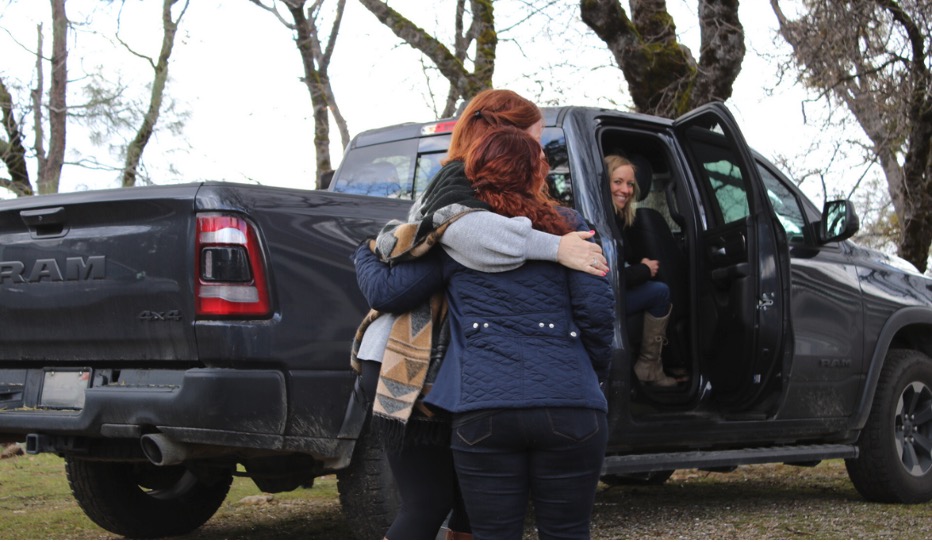GUEST WORDS - When my multigenerational family of six evacuated our home this January, we wondered if the fires visible from our front porch would engulf our house as we fled.
Text reports of friends losing homes bombarded my phone as we settled into a cramped hotel room for the next three nights. Our home was just spared, but by the time I returned to a neighborhood covered in ash, more than two dozen families in my social network had become homeless overnight.
The devastating fires across Los Angeles claimed 28 lives and destroyed more than 10,000 homes. A significant portion of lost lives and homes were from my neighborhood of North Pasadena and Altadena, a low-to-middle income mixed race neighborhood with a tight-knit community.
In the days after the fires, that community jumped into action.
Every other street corner sprouted in activity, gathering clothing, toys, non-perishable foods, water, baby formula, hygiene kits, and more. One donation hub stood two houses from a fire-destroyed home bearing a sign that said, “Altadena isn’t just a city, we are a community!”

In North Pasadena, I met four young African American women who organized a similar donation hub on the front lawn of a relative’s home. They’d all grown up in the neighborhood and weren’t only coordinating donations of items and fundraising online, but also connecting people who needed housing with those who could provide it.
The Pasadena Community Job Center, a local organization connecting migrant workers and day laborers with employers, organized a massive cleanup drive in the form of “service brigades.” A large cohort of young volunteers from the center hauled off fallen tree branches and broken fences from my neighborhood even as winds threatened to fuel new fires.
Small businesses also sprang into action. Independent bookstore Octavia’s Bookshelf organized a “mutual aid” hub, and the Muslim grocery store EZ Halal partnered with neighboring Dym Books & Boba to lead a massive donation drive in their parking lot.
Online communities are also active. My local Buy Nothing group welcomed many new members and acknowledged existing members who had lost homes. Members of the group — whose ethos is to share the wealth that already exists in our community — have rallied to support one another, offering air purifiers, N95 masks, furniture, and more.
We may take such collective actions for granted in the wake of a disaster. After all, post-disaster unity is something humans exhibit routinely.
But consider this: a middle-class family loses their rented home in the fires, along with all their belongings, and the community rallies to support them. But if those same people were unable to pay rent because of an unexpected financial emergency months earlier, would their community spring up in the same manner?
Perhaps, but probably not. That’s because we’ve normalized human suffering as an inevitable outcome of our economic system. We may recognize suffering during a disaster as an anomaly — but fail to see the slow-motion suffering that happens every day that way.
The truth is this: Poverty and climate change are both forms of violence. And they’re both inevitable outcomes of an economic system designed to extract profits from people and the planet.
When disaster strikes, we have a strong human instinct to set aside profit, propriety, and discrimination and simply help each other. In the absence of political manipulation and pro-billionaire propaganda, we tend to choose compassion for one another — something I’ve personally seen on beautiful display in the wake of the Los Angeles fires.
It’s this same instinct we need to rely on to transform a system that allows mass human suffering — whether from economic inequality or climate catastrophe — into one that upholds everyone’s right to safety, security, and happiness.
(Sonali Kolhatkar is the host of “Rising Up With Sonali,” a television and radio show on Free Speech TV and Pacifica stations. This op-ed was distributed by OtherWords.org.)












